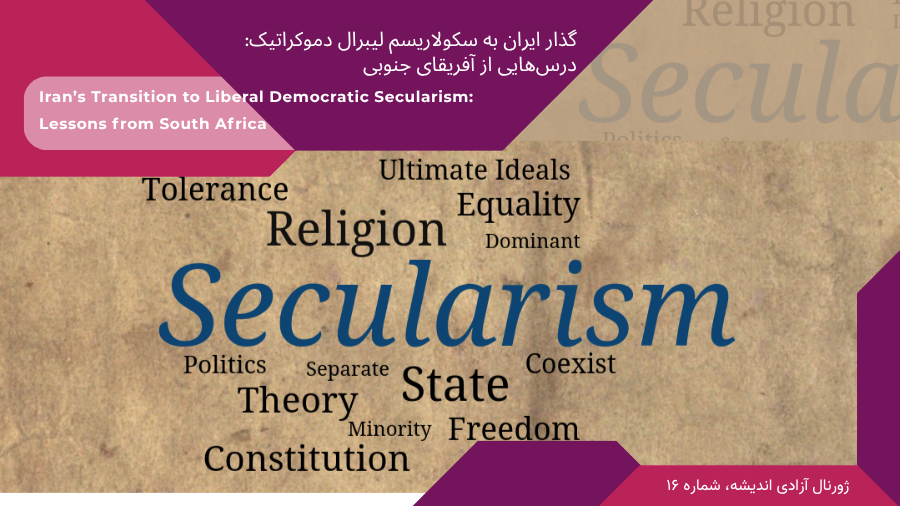The PKP Oslo Sprint 2025, organized in collaboration with the University of Oslo, took place on June 2 and 3, 2025, in Oslo, Norway. The event was held at Georg Sverdrups hus, which houses the University of Oslo’s Humanities and Social Sciences Library. The sprint brought together community members including programmers, journal managers, librarians, and user interface experts, to brainstorm, set priorities, and collaborate on improvements to PKP software.
Sajad Sepehri’s Role and Contributions:
Sajad Sepehri, Educational Development and Innovation Strategist of ISSH (Iran Academia), was a key participant in the PKP Oslo Sprint, playing a significant role by leading two dedicated sessions during the two-day event:
1. “Document Centered Flow”:
This session focused on rethinking the entire publishing process, including submissions, editorial flow, peer review, online publication, and PDF generation, with the goal of moving away from reliance on MS Word. Discussions included the importance of importability and exportability, exploring tools like Markdown + Pandoc, Overleaf, and web-based structured editors as alternatives to Word, and considering digital preservation.
Challenges such as conservative author culture, the need for flexible editorial workflows, and the difficulties in producing accessible formats such as HTML were also addressed. Ideas for experiments included replacing upload/download cycles, integrating body text editors into OJS, and developing services for document conversion and quality checks.
2. Multilingualism:
This session delved into how AI could contribute to multilingualism in academic publishing. It recognized ISSH (Iran Academia) for its unique experience in multilingualism and its position at the forefront of the Open Access (OA) movement.
The discussion highlighted the challenges of discoverability and cross-referencing for non-English content, and the incentive for scholars to publish in English due to career advancement and readership. The sprint acknowledges that multilingualism is crucial for decolonizing knowledge and bridging gaps between different bodies of knowledge.
Vision for the Future:
Sajad Sepehri articulates his vision for “the perfect world” in academic publishing during the sprint, defining it as:
- “A decentralized fully compatible ecosystem of knowledge production and dissemination that institutions can adopt. Fully compatible = easy adoption”.
This vision aligns with the broader goals discussed at the sprint, which included a call to action for organizations like CrossRef, PKP, ORCiD, and ROR to work comprehensively on the full cycle of knowledge.
Impact and Future Involvement:
Sajad’s participation was positively received, with his comment on LinkedIn describing the sprint as “superb” and expressing gratitude to the PKP team. He also noted that “a lot of brilliant ideas were shared and great people were participating,” praising the University of Oslo’s library as the host location for a “very fruitful” two-day sprint.
Looking ahead, Sajad Sepehri is slated for potential future involvement in PKP’s efforts related to decolonizing science and multilingual publishing. It was proposed that they pitch to PKP directors about hosting an event specifically aimed at decolonization and multilingual publishing, and that Iran Academia could provide valuable support in event management and outreach to scholars. This suggests the dire necessity for continued collaboration with scholars from diverse linguistic backgrounds, such as Persian, Kurdish, Turkish, and Arabic, to discuss incentives and communities of practice.


